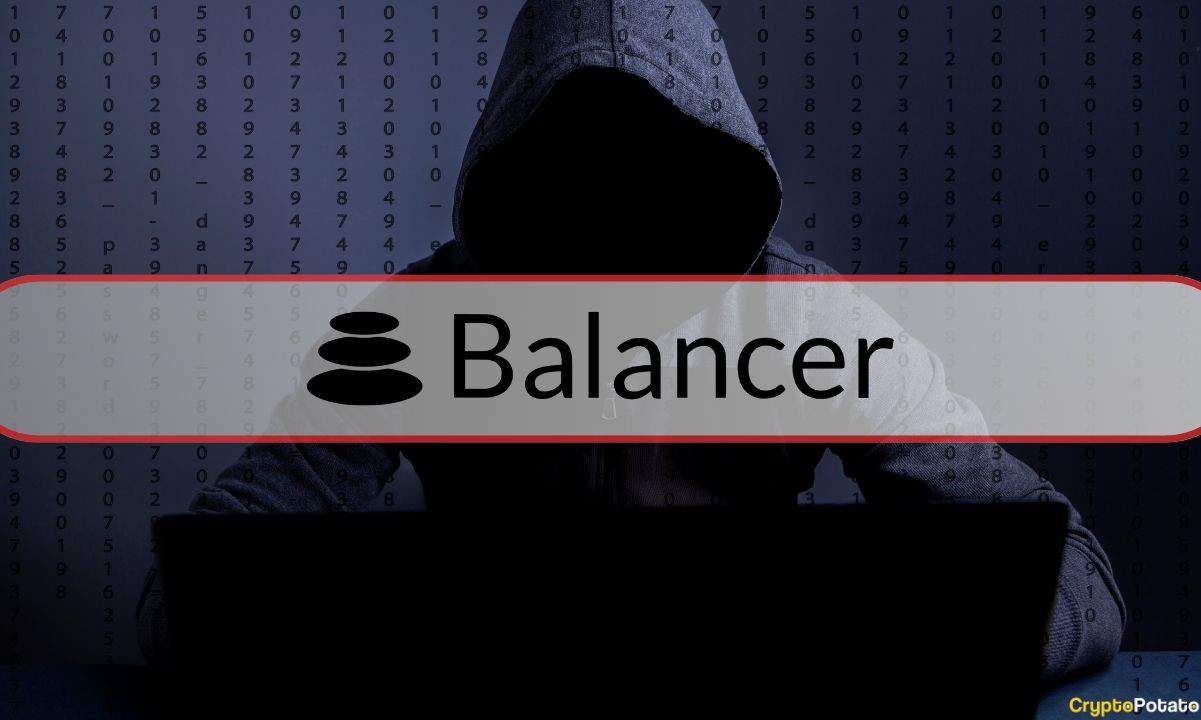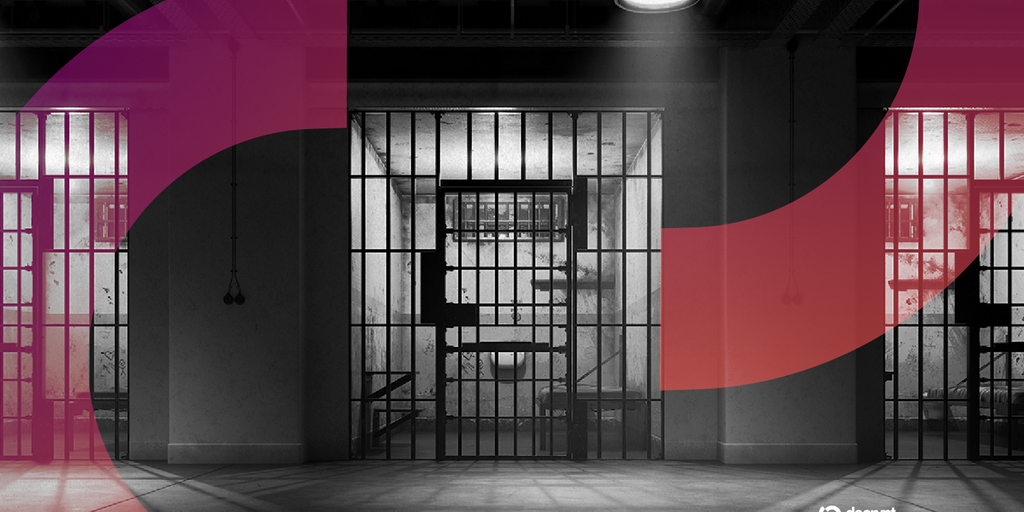TLDR
- NY Rep. Nydia Velázquez introduced the “Fair Taxation of Digital Assets in Puerto Rico Act”
- The bill aims to close loopholes allowing crypto investors to avoid federal taxes in Puerto Rico
- Critics claim crypto investors have driven up housing costs without helping the local economy
- Puerto Rico could lose $4.5 billion in revenue between 2020-2026 due to current tax incentives
- Puerto Rico’s Governor has proposed extending Act 60 with a modest 4% capital gains tax for new applicants
Puerto Rico’s status as a cryptocurrency tax haven is under threat as new legislation aims to close what some lawmakers see as an unfair loophole. The bill would bring digital asset taxation in the U.S. territory in line with mainland rules.
New York Representative Nydia Velázquez introduced the Fair Taxation of Digital Assets in Puerto Rico Act on April 21, 2025. The proposed legislation would modify Puerto Rico’s Internal Revenue Code to make income from cryptocurrencies subject to federal tax laws.
Under current laws established in 2012 through Act 20 and Act 22 (later consolidated as Act 60), Puerto Rico offers tax exemptions that have attracted many wealthy crypto investors. These include figures like Pantera Capital founder Dan Morehead, venture capitalist Brock Pierce, and internet personality Logan Paul.
These investors can currently pay little to no local or federal taxes on their capital gains, including profits from cryptocurrency trading. This arrangement has made Puerto Rico an attractive destination for those seeking to minimize their tax burden.
Economic Impact on Local Communities
Rep. Velázquez argues that the influx of crypto investors has harmed rather than helped Puerto Rico. “This wave of crypto investors hasn’t helped Puerto Rico’s recovery or strengthened the local economy,” she stated, according to Bloomberg.
She claims these investors have driven up housing costs and displaced local residents. This has added pressure to an island where nearly 40% of people already live in poverty.
The economic divide is becoming increasingly visible in cities like San Juan. Luxury real estate developments have multiplied while many local families struggle with high rents and limited job opportunities.
According to the Joint Committee on Taxation, these tax breaks will cost the federal government an estimated $4.5 billion in lost revenue between 2020 and 2026. This figure underscores the financial stakes involved in the debate.
Competing Proposals
Puerto Rico’s Governor Jenniffer González-Colón has offered an alternative approach. Her proposal would extend Act 60, which is currently set to expire in 2035, until 2055.
However, her plan would require new applicants to pay a 4% capital gains tax rate. While this represents a change from the current system, it remains far lower than the typical range of up to 37% in the mainland United States.
The governor’s proposal attempts to strike a balance between maintaining Puerto Rico’s attractiveness to investors and addressing concerns about tax fairness. Critics question whether a 4% rate is sufficient to address the issues raised by Rep. Velázquez.
Political Challenges Ahead
The political path forward for the Fair Taxation of Digital Assets in Puerto Rico Act remains uncertain. As a Democratic proposal in a Republican-controlled House and Senate, it faces substantial hurdles.
President Donald Trump has recently expressed support for cryptocurrencies. He has pledged to reduce regulations affecting the digital asset sector, which may further complicate the bill’s chances.
Both chambers of Congress are expected to consider votes on stablecoin legislation and a broader crypto regulatory framework in the coming months. These priorities may take precedence over addressing Puerto Rico’s tax status.
Supporters of the current tax regime argue it has brought much-needed investment and innovation to Puerto Rico. They claim wealthy newcomers are helping build a stronger technology and finance sector, creating jobs and modernizing the island’s economy.
Crypto advocates warn that without these tax incentives, investors would simply take their business elsewhere. This could potentially harm Puerto Rico’s economic development efforts.
Critics remain skeptical of these claims. They point out that most benefits appear to have gone to wealthy newcomers rather than to average Puerto Ricans.
The debate highlights ongoing tensions between encouraging innovation and ensuring economic fairness. As cryptocurrency adoption continues to grow, questions about appropriate taxation and regulation are likely to remain at the forefront of policy discussions.

 6 months ago
87
6 months ago
87









 English (US) ·
English (US) ·